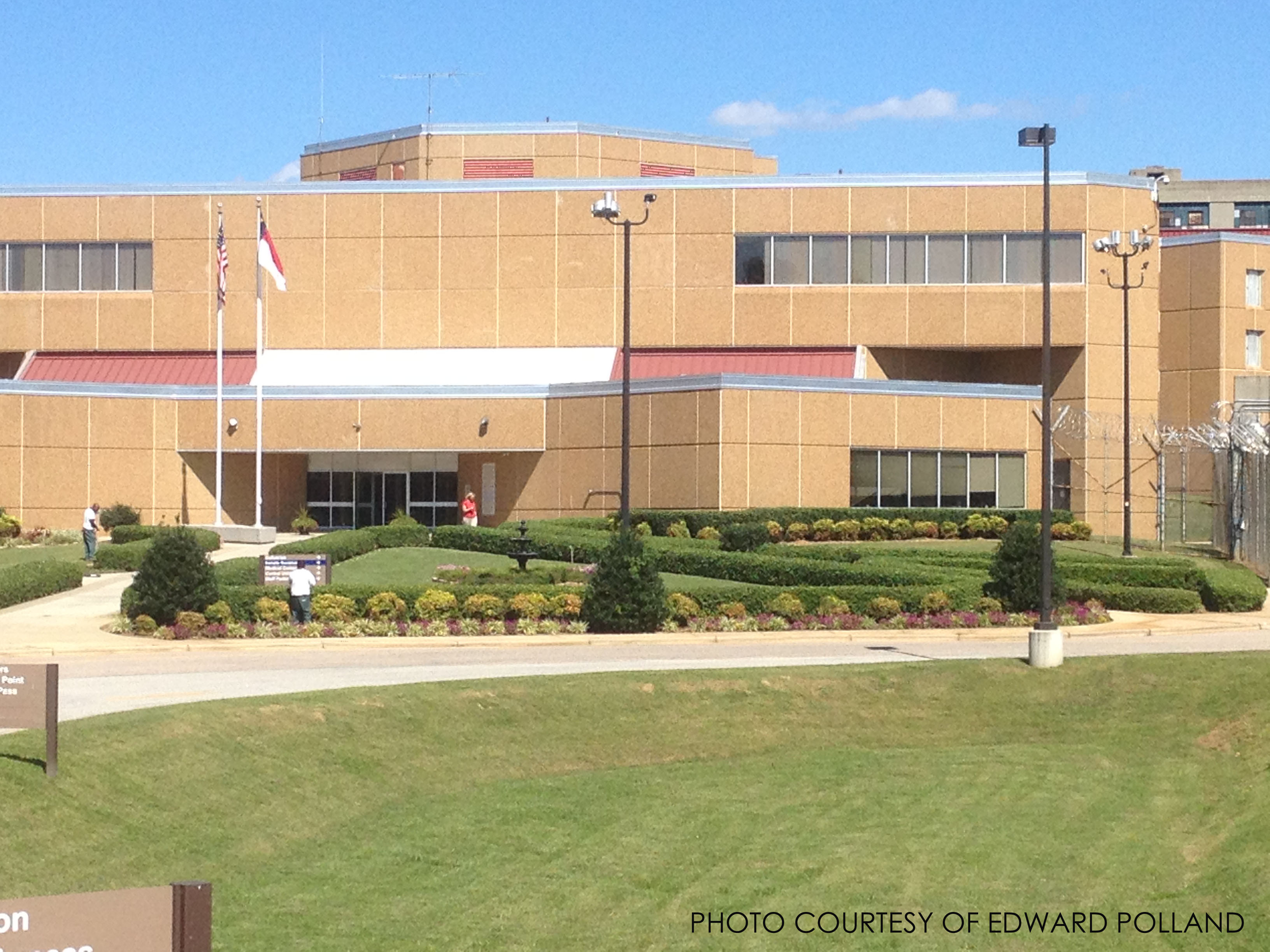
Prisoners have to deal with a lot. Sure, most of them are guilty of breaking laws, but we should still treat them like what they are: human beings. The Eighth Amendment guarantees them, as an American citizen, this right.
Dwayne Dail, an ex-prisoner who was wrongly convicted and incarcerated for 18 years, said, “Fortunately, we have the Fourth [Eighth] Ammendment [Amendment] that protects us all from cruel and unusual punishment. I believe that denying medical/dental care to any human being in need would be a violation of that ammendment [Amendment].”
In recent weeks, some Leesville students have been talking about the Massachusetts transgender inmate who got a judge to order the prison to pay for a sex change operation. In North Carolina, prison health care is much less extensive, according to some people who should know.
“We certainly have transgendered inmates in NC who have sought to change their sex,” said Michele Luecking-Sunman, a lawyer who represents prisoners who are denied medical treatment. “It would not be surprising to see more requests in the upcoming years.”
However, people who have lived in prison do not believe that unnecessary tax dollars are going to prison medical care. They describe a system that does a poor job with the very basics and is unlikely to pay for something like a sex change operation.
In prison, in order to see a doctor, you have to fill out a sick call form, said Dail. This could take up to a week or more to reach a nurse, if ever. “Sometimes they just did not receive the sick call forms at all, or so they would say.” said Dail. If you did manage to get to a nurse, and were able to convince them that you were truly in need of medical attention, the nurse would set up an appointment with the Physician’s Assistant. What could not be treated by the P.A., would be scheduled to be treated by a doctor, which would usually take another week or more, unless it was a medical emergency.
“The healthcare was so poor that I mostly just did not waste my time even trying to get to the medical department. It is my opinion that most prison medical staff work there because they could not get a job anywhere else,” Dail said.
Greg Taylor, an ex-prisoner who was incarcerated for 17 years before being released by the North Carolina Innocence Commission, said that the medical care was basically “take these ibuprofin and the pain will go away.”
“When I was in prison, I got Macular Degeneration,” Taylor said. “I was going blind in my right eye. I could see that. After two weeks, they were telling me that with Macular Degeneration, you would only lose one third of your sight, so I would still be able to see.” Still, the only treatment they gave him was ibuprofin.
“The bottom line is if taxpayers aren’t paying for medical care, then who will? And if you don’t pay for that, why pay for anything else?”
It costs the state about $35,000 a year to house a single prisoner.
Now that Taylor is out of prison, he says, “When they thought I was a murderer, they paid for my health care, but now that they know I’m not, I have to pay for it.”
Michele Luecking-Sunman, said that under North Carolina law, prisoners are entitled to care that is medically necessary.
“For example, if somebody has diabetes or cancer or a broken leg, jails and prisons and required to provide help for these prisoners,” Luecking-Sunman said. “Prison life is very difficult, and sometimes there is a perception that it is a free ride, but you have to remember that people in prison have all their privileges stripped from them, so they don’t even have the power to buy a Tylenol or go to the doctor by themselves. It is very hard for people to imagine the life of an inmate if they do not have a family member or know someone who is incarcerated.”
Taylor says on the subject that the bottom line is that you do not see people signing up for prison for the health care, or wanting to stay because of it.
“There is plenty of wasted taxpayer money in the prison system. The fact is, there is a great need for prison reform in NC, many millions of taxpayer dollars that I believe could be saved by cutting funding, but I do not believe that healthcare is one of them.” Dail said. “That prisoners are allowed to just lay around idle and watch television all day when they could be producing something that could help to offset taxpayers paying for their care, to me, is a huge waste of taxpayer money.”
Even though some people think that tax dollars should not go to help those convicted of crimes, to deny inmates basic medical care could cause them suffering. As Dail says,” I am NOT an advocate of prisoners, but I don’t believe that we, as a civilized society, should lower ourselves to the standards of those who we have rightfully seperated [separated] from society.“

Leave a Reply